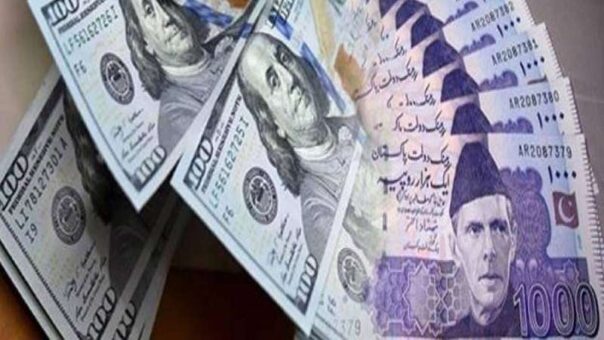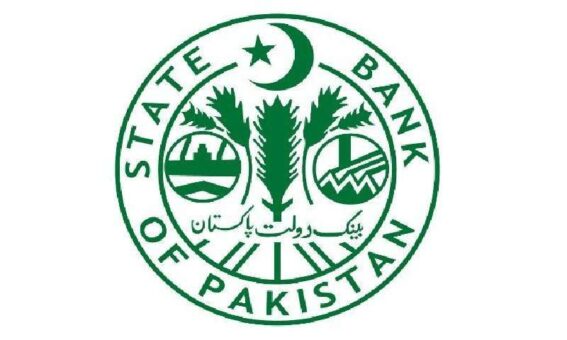ISLAMABAD: The prices of diesel and petrol have recorded an increase of 93.82 per cent and 77.89 per cent, respectively in the latest inflation numbers.
(more…)Category: Top stories
Find top stories in this section. Pakistan Revenue brings you the latest and most important news from Pakistan and around the world, keeping you informed with key updates and insights.
-

FPCCI terms monetary policy as doomsday for trade, industry
KARACHI: Pakistan apex trade body has termed the monetary policy announcement as doomsday for trade and industry.
(more…) -

Rupee recovers sharply against dollar to end at PKR 278.46
KARACHI: Pakistan Rupee (PKR) recovered sharply against dollar on Friday and closed at PKR 278.46 to the dollar after hitting an all-time low against the greenback.
(more…) -

Pakistan’s trade deficit contracts by 33% in 8MFY23
ISLAMABAD: Pakistan’s trade deficit contracted by 33 per cent to $21.3 billion during first eight months (July – February) of fiscal year 2022-2023, according to official numbers released on Friday.
(more…) -

Pakistan aggressively raises benchmark interest rate to 20%
KARACHI: Pakistan on Thursday aggressively raised the benchmark interest rate by 300 basis points to 20 per cent.
(more…) -

Rupee makes historic low against dollar at PKR 285.09
KARACHI: Pakistani Rupee (PKR) made a historic low against the dollar to end at PKR 285.09 in interbank foreign exchange market on Thursday.
(more…) -

Rupee crashes against dollar to make historic low at PKR 285 in intraday
KARACHI: Pakistani Rupee (PKR) crashed against dollar to make historic low at PKR 285 during intraday trading in interbank foreign exchange market on Thursday.
(more…) -

FBR unveils new active taxpayers list for Tax Year 2022
ISLAMABAD: Federal Board of Revenue (FBR) on Wednesday, March 01, 2023 unveiled new Active Taxpayers List (ATL) for Tax Year 2022.
(more…) -

FBR to squeeze taxpayers for generating Rs3.15 trillion in four months
ISLAMABAD: In pursuit of mammoth revenue target of Rs7.64 trillion, the Federal Board of Revenue (FBR) will squeeze taxpayers during four months (March – June) to generate Rs3.15 trillion.
(more…)

